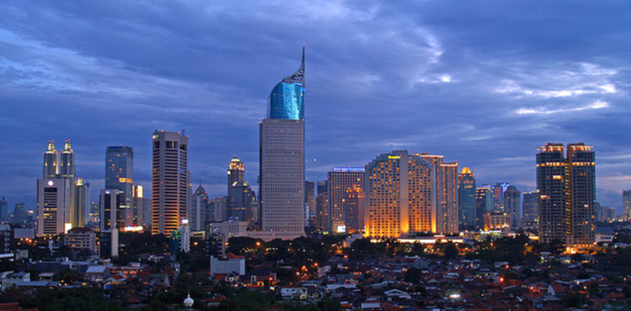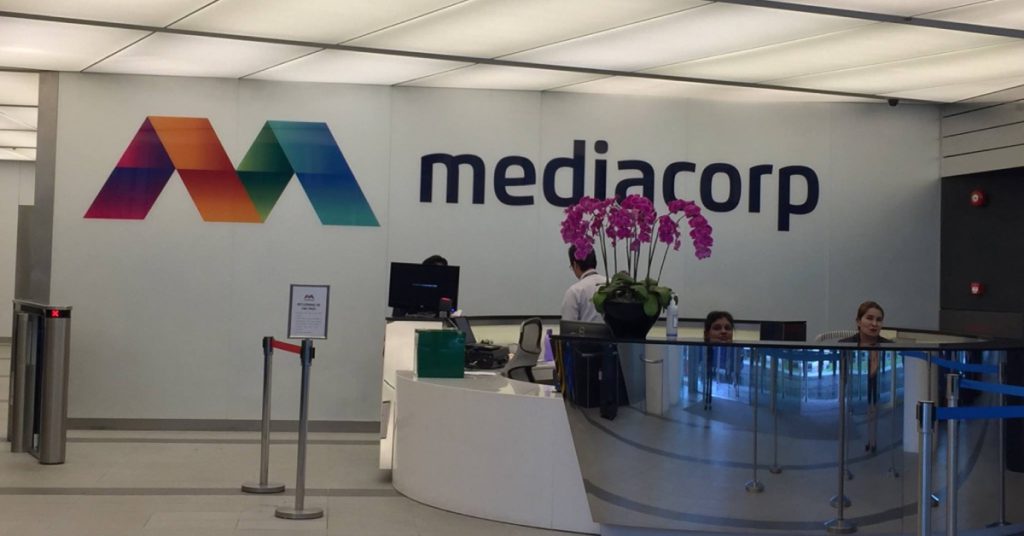Software piracy on the enterprise level has climbed up globally with a slightly upward trend (43% this year compared to last year’s 42%), but wait until you read about the state of piracy in Southeast Asia.
In a research done by the firm BSA Global Software Survey, they asked more than 24,000 software users across different occupations in different countries a question similar to this:
Do you have pirated software on your computer?
A whopping 62% of respondents in Asia Pacific have installed pirated copies of software in their computers!
Particularly in Southeast Asia, Indonesia clocks in the highest installation rate of pirated software at 84% – higher than the global average.
If you have been reading Vulcan Post recently, you would be aware of the growing tech and startup scene in Indonesia. Global brands such as Facebook and Twitter have their offices there as well. While still a home to the biggest number of Blackberry users, Android and iOS are catching up – thus app development is growing as well.
On the other hand, Singapore enjoys the lowest piracy rate in Southeast Asia – standing at 32%. It is on par with the likes of South Korea (38%) and Hong Kong (43%). The rest of Southeast Asia’s corporate software piracy rate is beyond comprehension.
Also read: Shortly after Facebook opens an office in Indonesia, Apple follows suit
Why do people pirate anyway?
Instead of asking that question – The survey asks why would people not want to install pirated software. For most of them, the answer is regarding malware and hacker attempts to take over their systems. This can often lead to stolen personal identification, spam, and worst – computer viruses.
Seeing as this research was done on an enterprise level – office staff and IT managers participated in answering the survey questions. This means that it does not accurately portray the entire picture of software piracy – which is most likely to include household computers as well.

What does BSA recommends? The government and large companies should lead by example. You might not know it but your government is the largest software user in the country. Together with industry consultants and trade associations, they should educate companies about software licensing and why it is important. The firm also should encourage companies to have written policies about software installation on their work computers.
My opinion, however, is that combating software piracy starts with you. Installing unauthorized versions of Microsoft Office 2013 will make your head turn after your 30-day free trial ends.
It goes beyond corporate software. Instead of pirated CDs, buy music on iTunes or from your favorite record store. Southeast Asia is now home to music streaming services such as Deezer, Rdio, or Spotify. While the debate about piracy continues – just think about the things and data at risk once you make yourself available to hackers and malware.
Think about it.
Also read: Stream Music on Spotify for Less than a Dollar in the Philippines
Note: Featured Image credit















